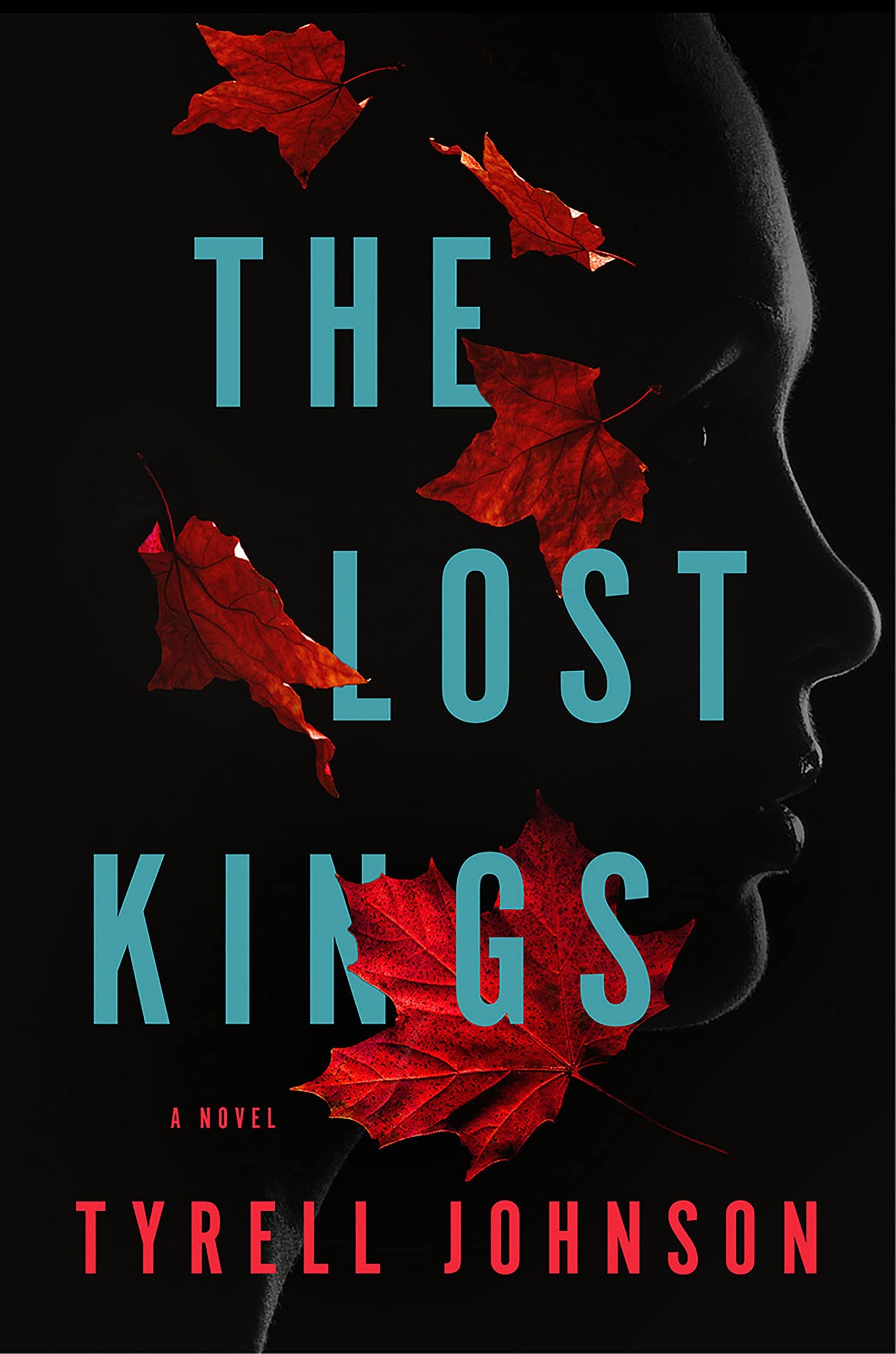Inspiration is a funny thing. It can come to us like a lightning bolt, through the lyrics of a song, or in the fog of a dream. Ask any writer where their stories come from and you’ll get a myriad of answers, and in that vein I created the WHAT (What the Hell Are you Thinking?) interview.
Today’s guest for the WHAT is Grace Shim who writes books with Korean-American protagonists that she wished she had read about as a teen and is the author of The Noh Family.
Ideas for our books can come from just about anywhere, and sometimes even we can’t pinpoint exactly how or why. Did you have a specific origin point for your book?
This is quite the question…I’ve written several manuscripts so far and the inspiration for each of them have come from a general period of time in my life, except for The Noh Family. Unlike the others, this one had a very specific origin point, down to the month and day. My sister had recently received her results from a DNA test and in April 2020 she had gotten a message from a complete stranger saying she was related to us. Soon, we found out how we were related to each other and why we had been kept a secret from each other for so long. And I won’t forget how quickly our relationship changed in the blink of an eye. One minute we were strangers, the next, we’re family. The sudden emotional shift is inexplicable and I knew I wanted to explore this further in The Noh Family.
Once the original concept existed, how did you build a plot around it?
On more than one occasion, my sister and I marveled at how surreal our experience was, only being able to compare it to something we had seen on a K-drama (Korean Drama). Since it was during the pandemic, I had reignited my interest in K-dramas and binged quite a few while on lockdown. One in particular stood out to me called Hospital Playlist which has been informally dubbed as the Korean Grey’s Anatomy. Several of the episodes dealt with the complexities of liver transplants and the drama around the donors, which then gave me the inspiration for the rest of the plot.
Have you ever had the plot firmly in place, only to find it changing as the story moved from your mind to paper?
Oh definitely. I think it’s because I’m more of a plantster (combination of plotter and pantser) where I have a general idea of how things are going to happen but I don’t really discover things until I start writing the scenes. Which, as you can imagine, leads to some unexpected surprises.
Do story ideas come to you often, or is fresh material hard to come by?
I write contemporary fiction, so most of my story ideas come literally from every day life experiences. I’ll be overhearing an interesting conversation or struggling with something deeply personal and find myself wondering how I can make that into a story.
How do you choose which story to write next, if you’ve got more than one percolating?
I’m always thinking of the next thing while I’m writing one thing, so I usually have something to look forward to. If I have more than one project percolating in my head, it usually comes down to what I’m most excited about.
I have 6 cats and a Dalmation (seriously, check my Instagram feed) and I usually have at least one or two snuggling with me when I write. Do you have a writing buddy, or do you find it distracting?
6 cats?! Ack, I’m jealous. During covid we were fostering kittens and they gave me so much joy. It was not, however, the most conducive to my writing process. When it comes to writing, the least amount of distractions, the better. My idea of a writing retreat is being holed up in a room with no tv or wifi. Ah, heaven.
Grace Shim lives with her husband and three children in the San Francisco Bay Area. The Noh Family is her first novel. You can find Grace Shim on Twitter and on Instagram.






